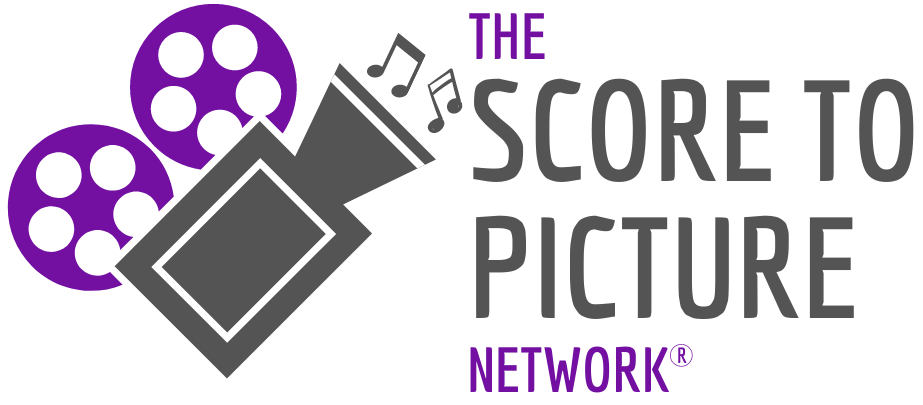|
Hello and welcome to this month's blog post! We artists are an anxious bunch and often allow anxiety to hinder our creativity, which exacerbates our uncertainties. So this month's blog article is about anxiety and what we can do to move past it.
Anxiety can stop people from doing the thing that they want to do and love Anxiety has been described as a state where there are physiological changes such as increased blood pressure, worried thoughts and tense feelings (American Psychological Association, n.d.). The term ‘writer’s anxiety’ has been coined by researchers Huerta et al (2017, p 4) when referring to university graduate students experiencing writers’ block and tension when faced with academic writing tasks. I think this perfectly describes the anxiety that composers feel, whether or not they are scoring to picture. Feelings of inadequacy, the misnomer that you’ve already written your best music, and of course writers’ block can dry up the creative process and stop you from doing the thing that you love. It’s such a common thing amongst composers. This is normal but there are some tools you can use to overcome this
You can find some simple tools to overcome anxiety in everyday life, here are some things that I do Yoga - I love my yoga classes; I really like the moments of total relaxation in between the stretching and strength work. I find I feel so good after a class, relaxed and ready to face new challenges. Walking meditation - this one surprised me; I once signed up for meditation classes at the local Buddhist temple. The session consisted of walking meditation, Tai Chi and then an hour or so of sitting meditation. For my first session, I walked for 40 minutes around in a rectangle with other people whilst the sun set. After 20 minutes, I felt this relaxation descend upon me, I had never felt so good walking! I have used this technique outside of the meditation course when I was feeling anxious, unsettled and having trouble sleeping. Don't listen to music or podcasts whilst you're doing this; you won't achieve the relaxed state. Just walk and wait for it to happen. Floatation therapy - I’m not claustrophobic so I love my sessions in a sensory deprivation tank. I feel the more time you can be relaxed, it helps to balance out the acute stress anxiety can make you feel. Movement - a dietician that I had a connection with said that she didn't like the term 'exercise' as it she feels it has a restrictive, negative connotation and is often thought of as a chore. She much preferred the term 'movement', in that it gets people away from the visualisation of slogging it out on a treadmill and other tedious exercise. Find something fun where you are moving, such as creating a playlist of your favourite upbeat music and having a private dance-party. Fit in with your routine to make the movement a regular occurrence. If you find that you experience anxiety that gets in the way of your creativity, hopefully there are some tips here that will help you overcome this. I'd love to hear of you tried any of these and they worked, or if you've got your own coping strategies! Thanks for reading, I'll have a new topic next month. References American Psychological Association (n.d.). Anxiety. Retrieved from http://www.apa.org/topics/anxiety/ Margarita Huerta, Patricia Goodson, Mina Beigi & Dominique Chlup (2017) Graduate students as academic writers: writing anxiety, self-efficacy and emotional intelligence, Higher Education Research & Development, 36:4, 716-729, DOI: 10.1080/07294360.2016.1238881
0 Comments
Leave a Reply. |
Lauren MercovichI have been a composer for over 20 years and my passion is film scoring. I love passing that passion on to new composers. Archives
May 2023
Categories |


 RSS Feed
RSS Feed